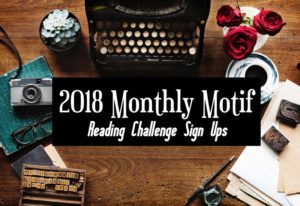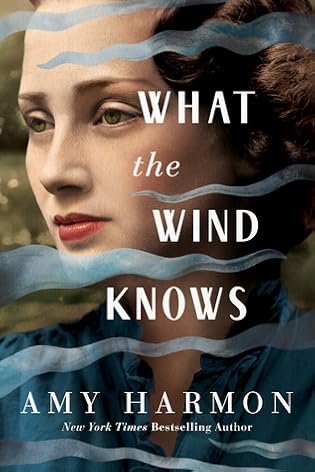 What the Wind Knows by Amy Harmon
What the Wind Knows by Amy Harmon Published by Lake Union on March 1, 2019
Genres: Contemporary Fiction, Historical Fiction
Pages: 418
Format: E-Book, eBook
Buy on Amazon, Buy on Bookshop
This post contains affiliate links you can use to purchase the book. If you buy the book using that link, I will receive a small commission from the sale.
Goodreads
In an unforgettable love story, a woman’s impossible journey through the ages could change everything…
Anne Gallagher grew up enchanted by her grandfather’s stories of Ireland. Heartbroken at his death, she travels to his childhood home to spread his ashes. There, overcome with memories of the man she adored and consumed by a history she never knew, she is pulled into another time.
The Ireland of 1921, teetering on the edge of war, is a dangerous place in which to awaken. But there Anne finds herself, hurt, disoriented, and under the care of Dr. Thomas Smith, guardian to a young boy who is oddly familiar. Mistaken for the boy’s long-missing mother, Anne adopts her identity, convinced the woman’s disappearance is connected to her own.
As tensions rise, Thomas joins the struggle for Ireland’s independence and Anne is drawn into the conflict beside him. Caught between history and her heart, she must decide whether she’s willing to let go of the life she knew for a love she never thought she’d find. But in the end, is the choice actually hers to make?
What an excellent book! It delivers in so many ways:
- An intriguing mystery
- Loving father figure (seriously, think really hard about how many good fathers you find in books)
- Time travel romance
- History
- Ireland!
I thoroughly enjoyed it from start to finish, and I especially liked that the chapters were bookended with poetry by W. B. Yeats and Thomas’s journal entries. I don’t know nearly as much about the Easter Uprising and the Irish Civil War as I would like, but the book seemed well-researched. I think it would appeal to fans of the Outlander series, but this book tells a much more taut story. (How many books is Diana Gabaldon up to? And they’re each over 1,000 pages!) The characters are all likable and well-drawn. The setting is appropriately mystical. I was glad to see the references to Oisín and Niamh, which made me want to revisit Irish mythology. Amy Harmon renders the setting beautifully. Loved it!
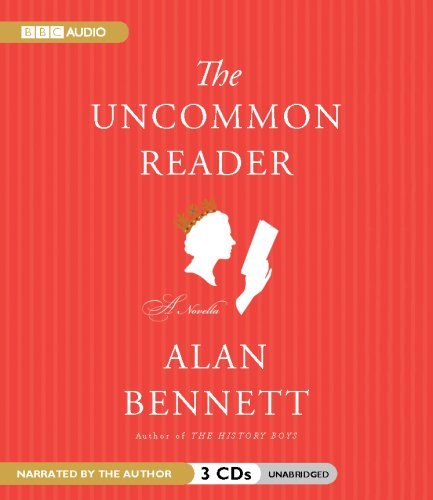 The Uncommon Reader by
The Uncommon Reader by 
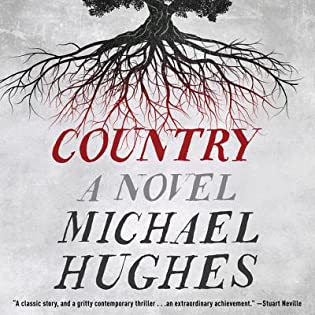 Country by
Country by 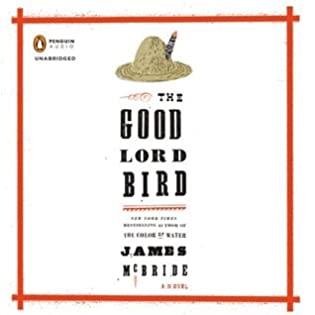 The Good Lord Bird by
The Good Lord Bird by 








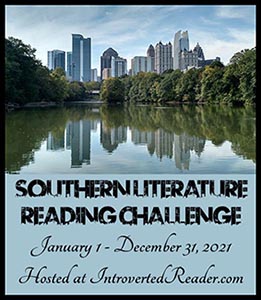
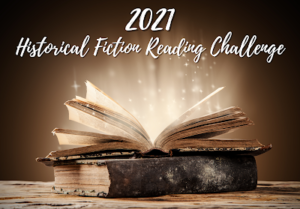
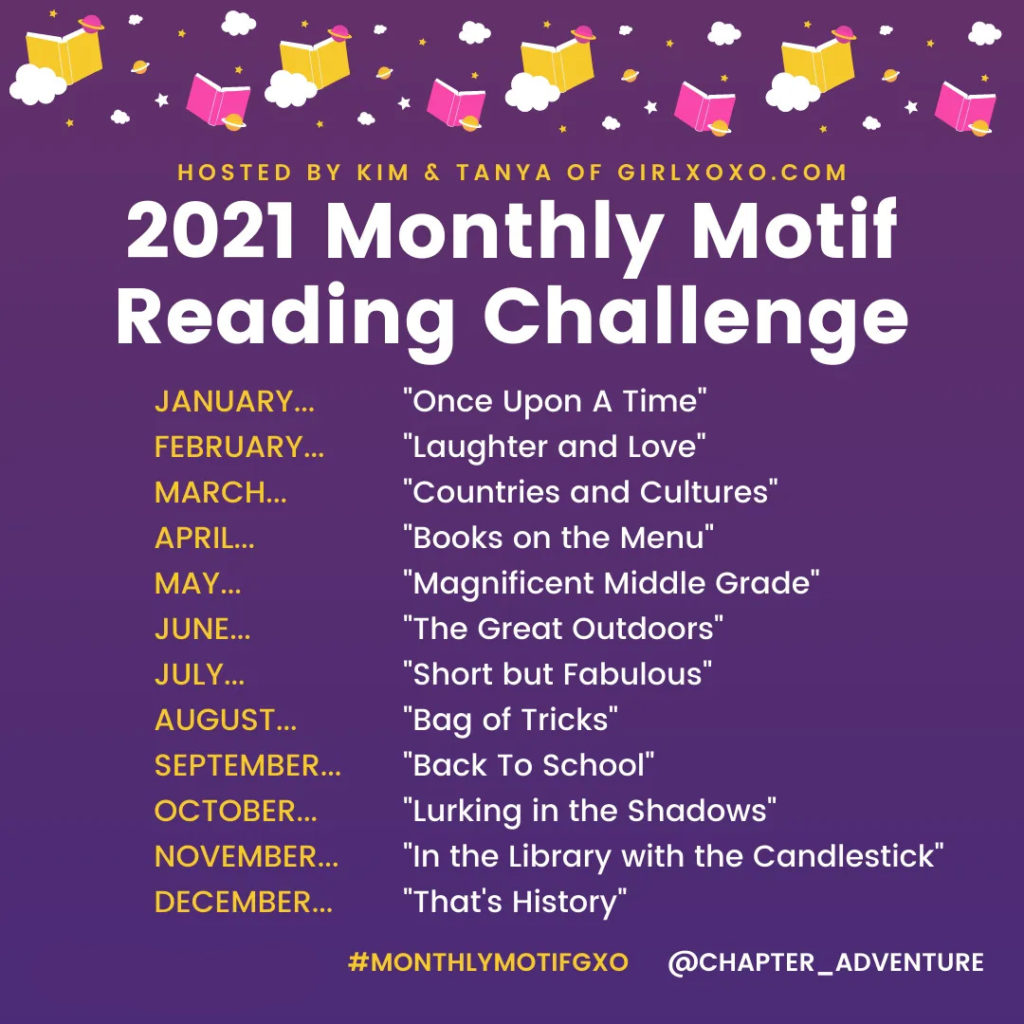
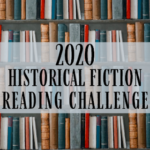
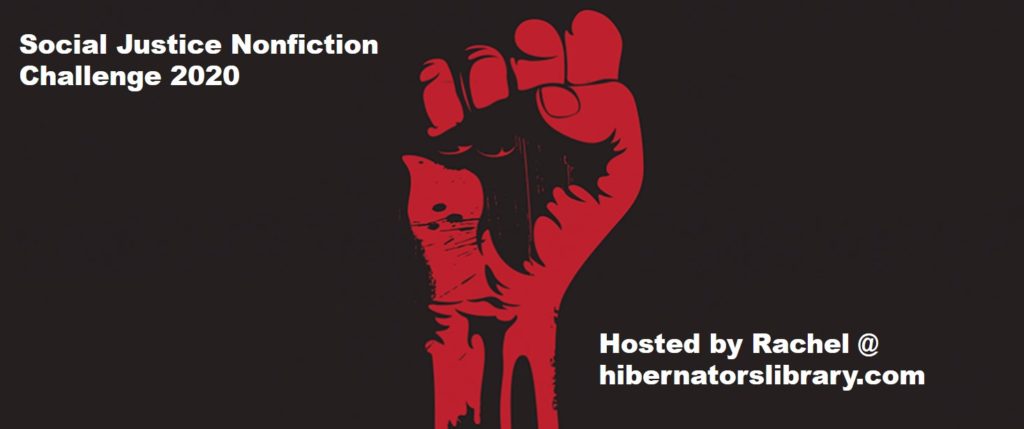
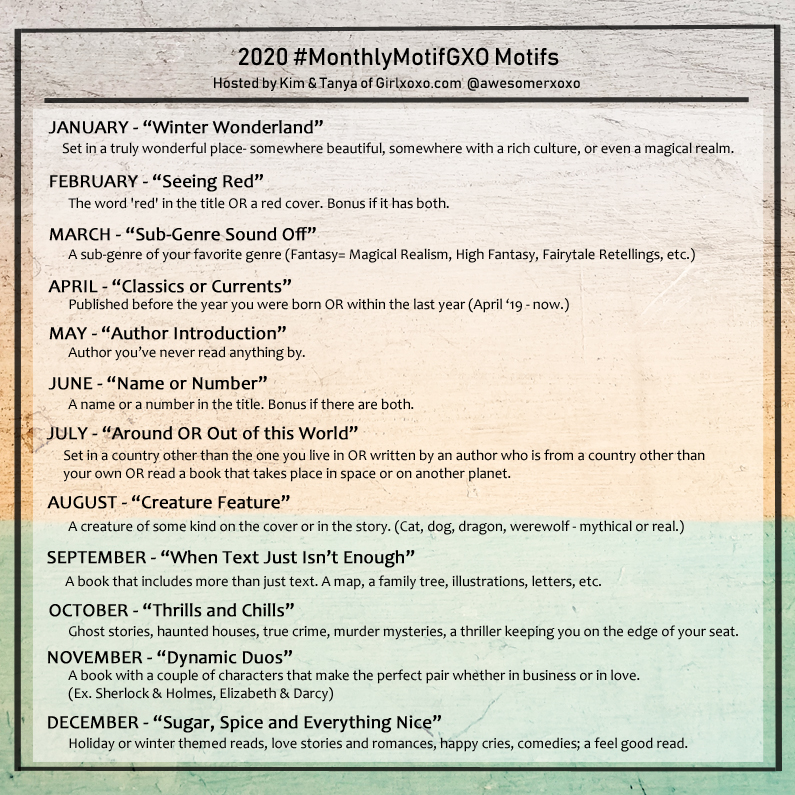
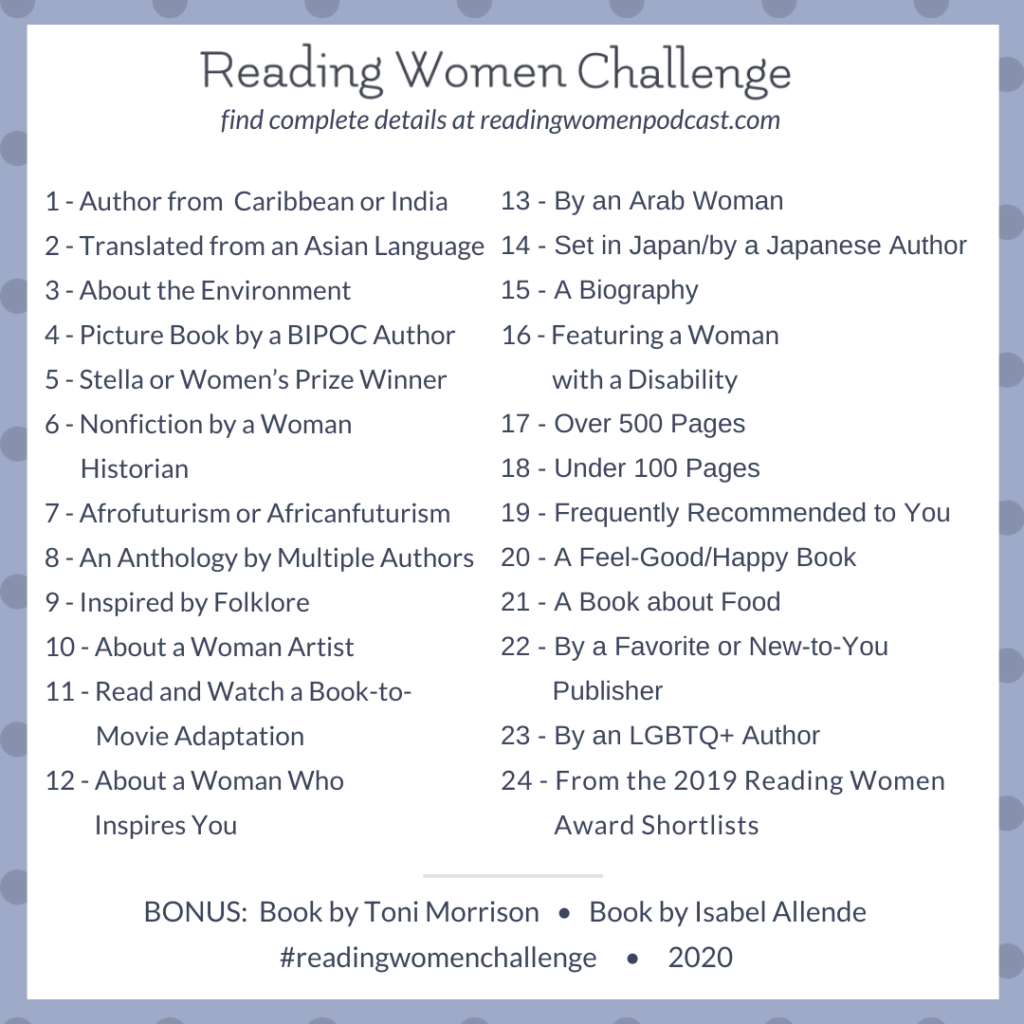
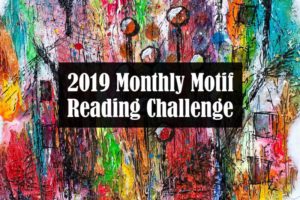
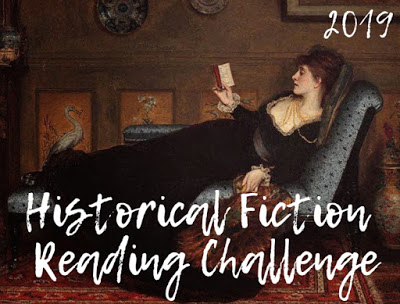
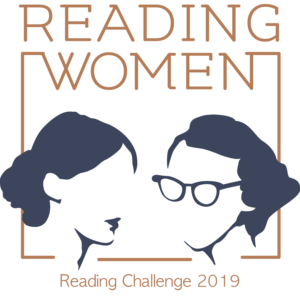
 The Restaurant at the End of the Universe (Hitchhiker's Guide, #2) by
The Restaurant at the End of the Universe (Hitchhiker's Guide, #2) by 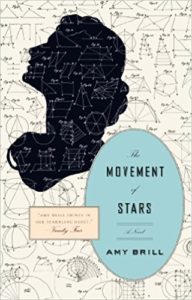 The Movement of Stars by
The Movement of Stars by 